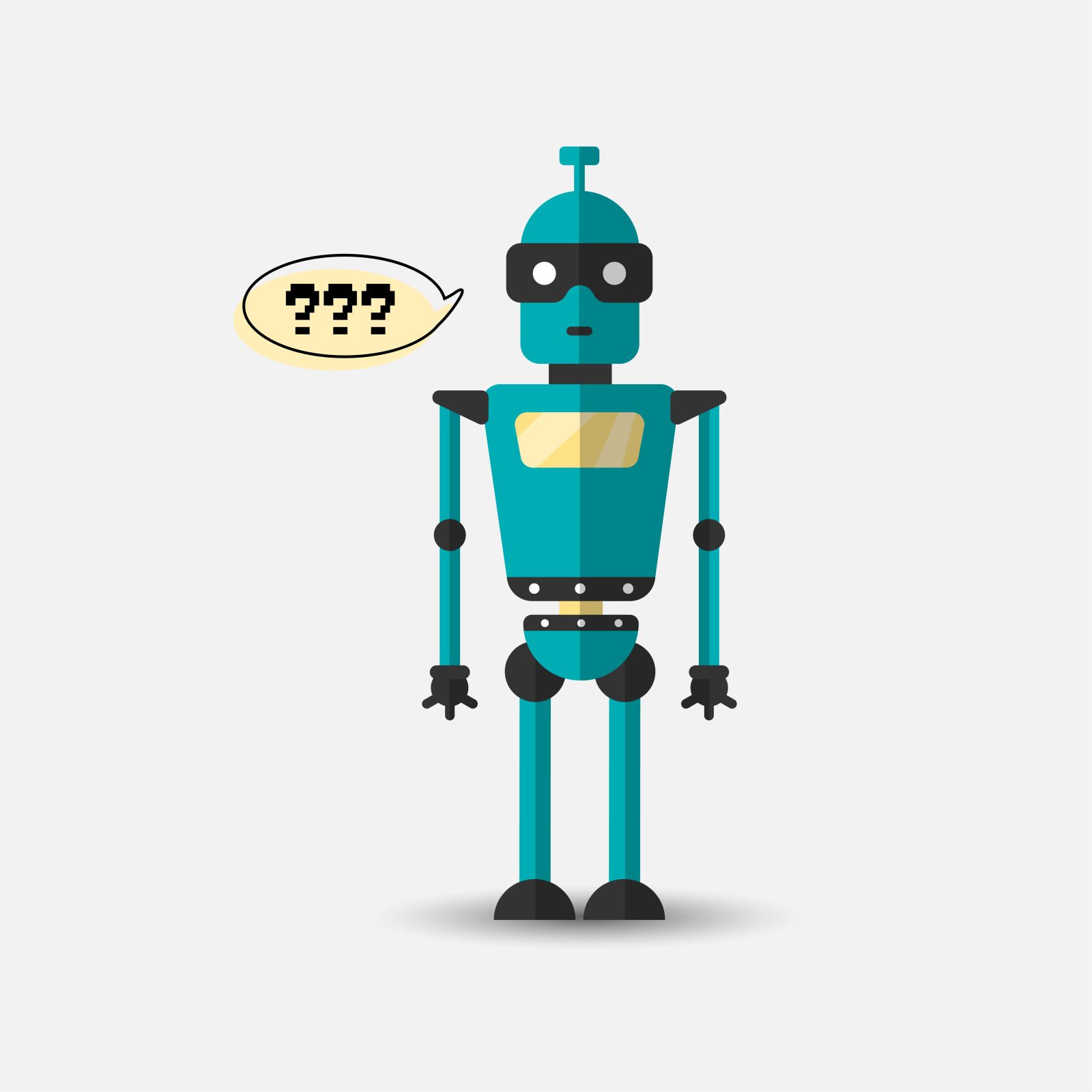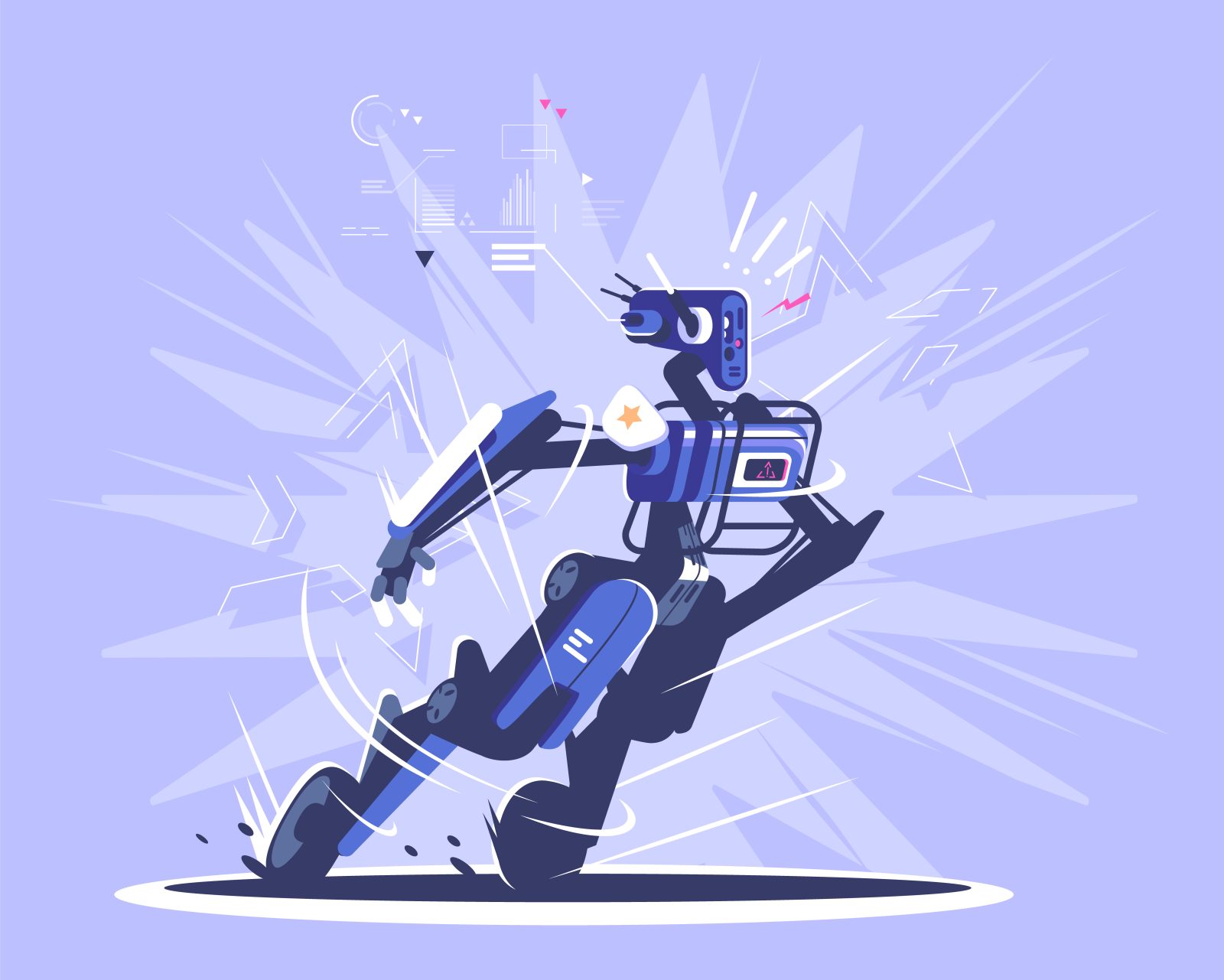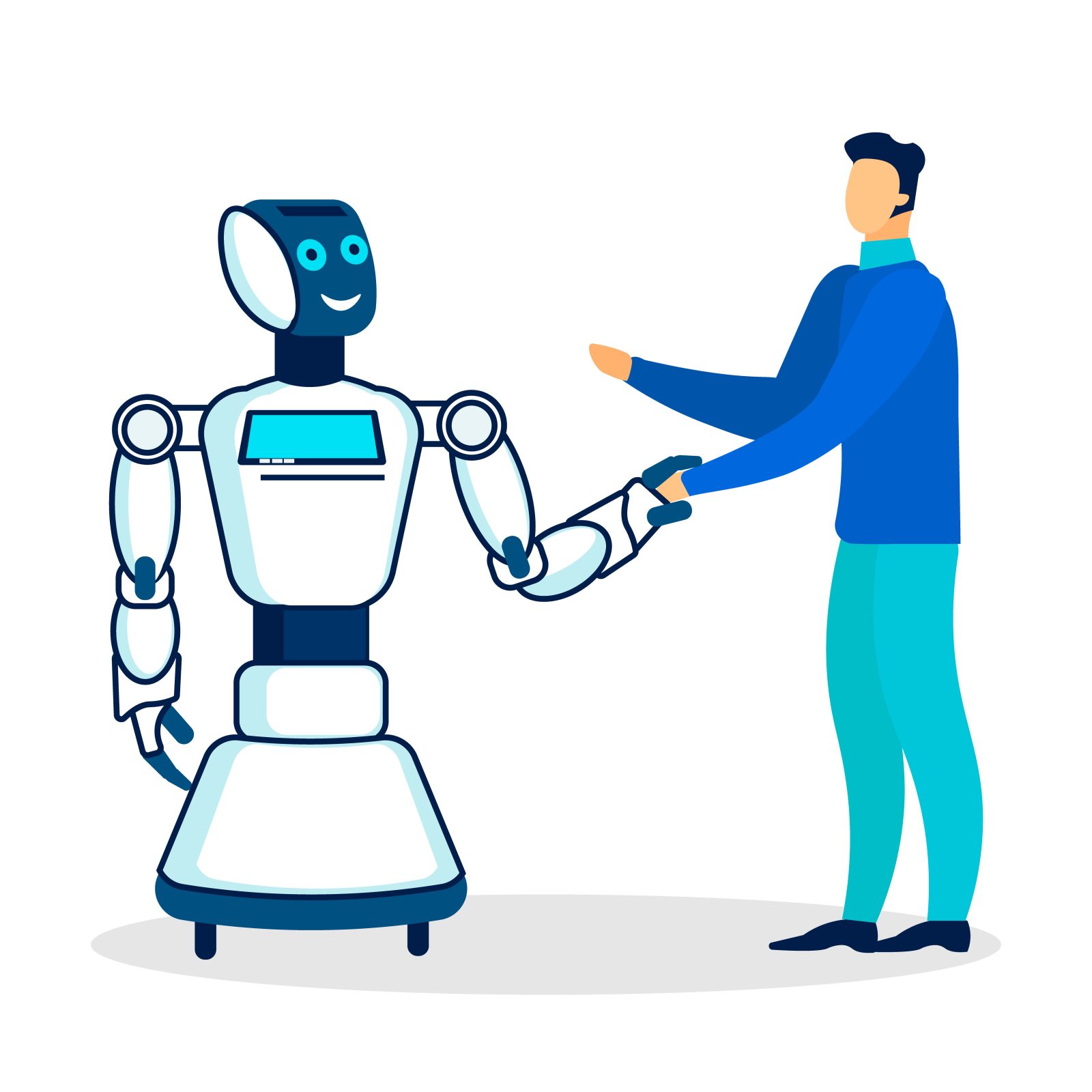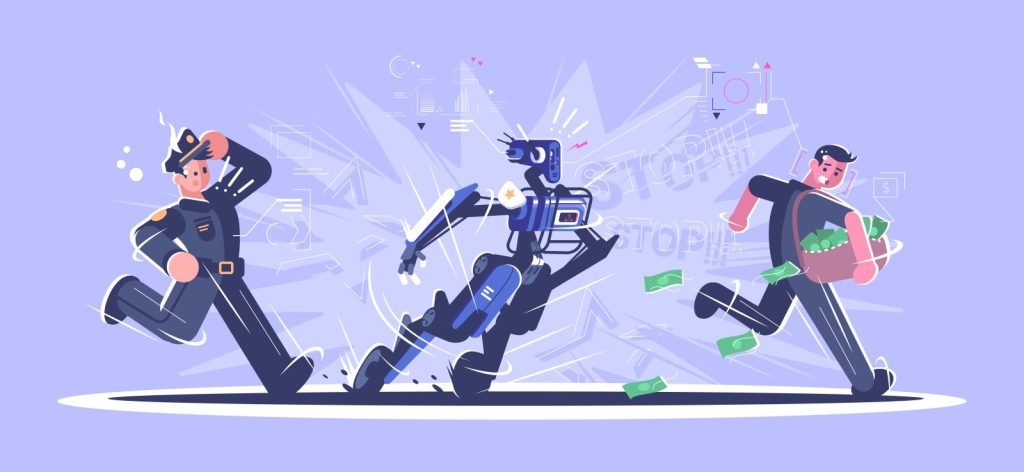It’s been a huge year for artificial intelligence, especially when it comes to generative AI like ChatGPT and Google Bard. With their ability to mimic conversation styles, write essays, provide instructions, and even code, these bots are creating major headaches for teachers and other professionals.
These witty generative AIs aren’t coming for security guard positions any day soon, however the technology behind them is getting incorporated into security more and more every day.
So, heading into 2024, it’s no surprise that a lot of security firms are wondering if AI is taking jobs away from their security guards — or if they should be using AI themselves to meet client needs.
The jury is still out, but here are several things everyone should know about the possibility of AI replacing security guards.
Behind the Patrol Bots
There’s a widespread misconception that AI bots will come in and replace a security guard entirely, this is probably due to the testing of literal robots in various cities around the world.
The site Will Robots Take My Job rates security jobs at a “moderate risk” of being taken, largely because of this trend and similar security automation (more on this below).
These security robots are designed to patrol like a human security guard, roaming office halls and parking lots. They can check passes, answer questions from visitors, and even confront intruders… well sort of. But they also have massive problems.
Companies that adopt these patrol bots have two arguments for using them: They’re cheaper than security guards, and it’s safer than having a person confront a potentially violent intruder. But as companies experimented with these bots in 2023 to deal with guard shortages, major issues quickly emerged:
- Patrol bots can’t actually stop an intruder and they make too many mistakes from detection, trust, to contacting authorities.
- They have trouble understanding questions and often ignore commands or take too long to respond.
- Bad weather is a disaster for them.
- They’re magnets for vandalism and similar problems.
- A company may face more liability if a security robot puts someone in harm’s way where a human guard would have been able to help.

Here at Lonestar Universal Security, we offer armed and unarmed security services.
Of course, patrol bots can be enhanced with two-way communication and video feeds to check for problems. But at that point, they’re more like expensive mobile security cams that security guards work with, rather than replacing.
So no, patrol bots are still having a moment, but these experiments are showing they work best in tandem with security guards, not replacing them entirely.
Businesses are still drawn to patrol bot replacements because of the money they can save, so the security industry is quickly entering a phase best described as, “We told you why this wouldn’t work, now you’ll have to learn for yourself.”
In the meantime, guards should be comfortable with two-communication and smart security cams so they can use bots when necessary.
Unions and Other Labor Organizations Are Having Their Say
As we saw with the Hollywood guild strikes this year, unions are having some very unpleasant confrontations with companies interested in replacing them with AI. And that’s far from the only industry where these discussions are happening.
Just take a look at Las Vegas, where companies are already trying to use AI bots to replace bartenders and parking lot guards.
Two things to note here: First, it doesn’t really work. The AI bartenders notoriously make mistakes and need a watchful human to accompany them, which makes them more or less a spectacle. And as we noted, parking lot bots are essentially a mobile security system rather than a replacement for a human guard keeping an eye on things.
Second, the use of these bots has prompted retaliation by the Culinary Union, and security guard unions. These unions and similar labor organizations want built-in contract protections so that companies can’t suddenly switch them out for robots.
Expect this topic to be very popular in the security industry in 2024. It’s also poised to be a prime driver pushing more and more security guards to unionize or at least seek out labor protections.

Automation Is Taking a Toll in More Subtle Ways
So, are security guard jobs largely safe from AI heading into 2024? Well, there’s no one-to-one replacement danger. But automation still has an effect that’s even harder to see. Take a look at the case studies above:
While a patrol bot can’t entirely replace a guard, they may enhance focus on guards who can monitor screens at a kiosk, and decrease the need for the original number of guards on patrol.
Add those effects over time, and it can lead to less demand for guards at specific locations like parking garages, etc. It’s still early days for seeing these long-term effects, but the industry could start feeling the impact.
AI and Security Systems Look Like a Winning Combo
AI in the future has a critical role to play, particularly generative AI can be beneficial – the role involves its ability in training to recognize threats in security systems. We’ve already seen this at work, from Google cams recognizing pets and packages to face-identifying AI for more official systems.
So far, it’s been very limited in application, but look for an increase in use over the coming years, just as we’ve seen for other types of security. Imagine a security camera that could recognize fights, weapons, or hostile behavior!
AI bots work best when collaborating with human security guards.

Conclusion
Security AI still has a long way to go, and companies continue to experiment with what AI can do and what role security guards fill. While this is creating some ongoing tension, and you can expect pushback from labor organizations over it.
But for now, AI can’t really take the place of human guards — and in many cases it introduces new problems and liability issues. With the high demand for security across industries, we expect the demand for competent human guards to remain.
AI security bots alone cannot guarantee the safety of people and property.



One Response
As a cybersecurity student, I find the topic of AI incredibly interesting, and it’s something that comes up fairly often in my studies. It’s crazy to witness the advancements in artificial intelligence, especially when you think about the fact that home computers didn’t become common until the 1980s! Understanding how AI fits into the realm of security and grasping its nuances—both its strengths and limitations—is incredibly important for security.
Your article does a great job explaining the potential impact of AI on security guards. It’s evident that while AI holds promise for enhancing certain aspects of physical security, it’s not quite ready to completely replace human guards. The challenges and limitations you outlined, especially with patrol bots, shed light on the complexities involved in integrating AI into security systems.
I found your thoughts on the role of unions and labor organizations in addressing the use of AI across various industries to be particularly intriguing. It makes sense that there would be concerns about job displacement and the need for safeguards against sudden technological shifts. I completely agree that we have a continued need for competent human guards. Robots are great for assisting humans, but human judgment and intervention are needed in security scenarios, especially given the current limitations of AI technology.